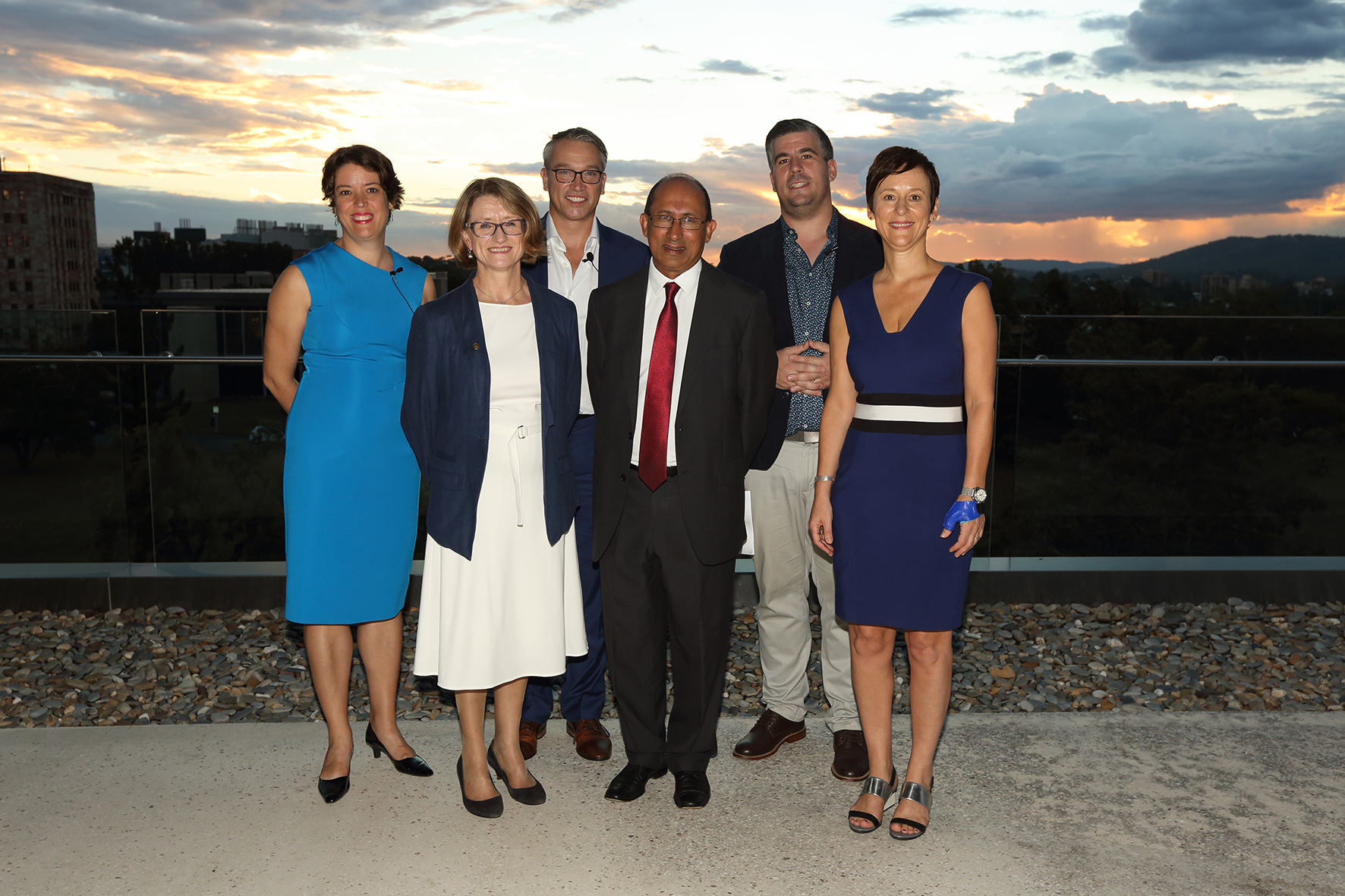Inaugural Roundtable - "Policy response to Crises" Friday 17th March, 2017
Inaugural Roundtable - "Policy response to Crises" Friday 17th March, 2017
To mark the first anniversary of the Graduate Centre in Governance & International Affairs, we held an Inaugural Graduate Centre Roundtable.
The Chancellor for the University of Queensland Mr Peter Varghese AO delivered an opening address. Below is an article on his address by David Wroe of the Age:
US ties vital but may prompt Chinese 'retaliation'
Former top diplomat Peter Varghese has warned of headwinds in Australia's most critical relationships, saying "navigating the US and China is going to get harder for us".
Mr Varghese, who retired as head of the Department of Foreign Affairs and Trade last year, will say in a speech on Friday night that the US alliance remains overwhelmingly in Australia's interests. But, he says, it may entail hard decisions that "attract China's ire, even retaliation" as competition between the two great powers intensifies.
His remarks are significant because they represent the weight of opinion within Australia's foreign policy establishment at a time of intensifying public debate about how to balance these relationships, especially given the uncertainty following Donald Trump's election as US President.
In contrast to some calls for Australia to seek closer ties with Beijing as a response to Mr Trump's ascendancy, Mr Varghese will tell a University of Queensland audience that while China is a vital economic partner, it is also an autocratic regime that wants to displace the US as the predominant power in Asia.
"It is an ambition which goes to the heart of our alliance with the US," he says in the speech. "And it is not an ambition we can separate from the one-party, authoritarian character of the Chinese political system."
Mr Varghese, now chancellor of the University of Queensland, also paints a sobering picture of the economic challenges facing Asia.
"Put simply, the politics of structural economic reform appear to be beyond the capacity of their political systems to fix," he says.
In China's case, there is growing tension between the need for economic reform and the preservation of Communist Party control, especially under President Xi Jinping, who is "taking more and more levers of power into his own hands".
"We cannot know how all this will end," Mr Varghese says. "No one gains if China fails, but we should be prepared for a range of outcomes in China, from the deeply troubling to muddling through or better."
Mr Varghese says the US alliance "will survive whatever dramas the Trump administration brings", despite Mr Trump's America-first stance and the "scant priority he places on the liberal international order, including the global trading system" from which Australia has benefited.
He concludes that these trends "mean the world is going to be a much tougher place for Australia".
On Thursday, former ambassador to China Stephen FitzGerald said Mr Trump's values were "an affront" to Australia's, boosting the case for closer ties with Beijing.
But Rory Medcalf, head of the National Security College and Australian National University, said this was an "artificial choice" that ignored the fact "Australia's ties to the US are enduring, comprehensive and interests-based, and transcend any particular presidency".

